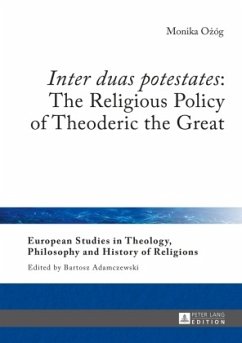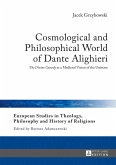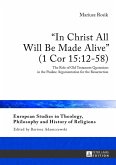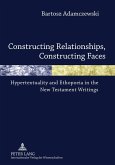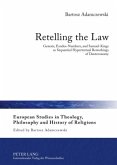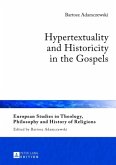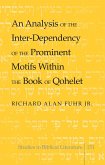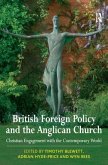This book discusses Theoderic the Great's years of political activity, which coincided with the advent of a new era and were marked by features of two distinct civilizations. From the political and cultural viewpoint, he stood at the boundary between the Roman tradition and his Germanic origin. From the religious perspective, when he came to power in Italy at the Emperor's behest, he found himself amid the conflict embroiling Rome and Constantinople at that time. It was the so-called Acacian schism centred around the issue of the recognition of the Council of Chalcedon (451) with its teaching on the two natures in Christ as well as the acknowledgement of Constantinople as the principal see of the Church in the East. Another ecclesiastical - and strictly Roman - problem noted in the Liber Pontificalis is the Laurentian schism, named after Lawrence, who was elected Pope on the same day as Symmachus.
Bitte wählen Sie Ihr Anliegen aus.
Rechnungen
Retourenschein anfordern
Bestellstatus
Storno

